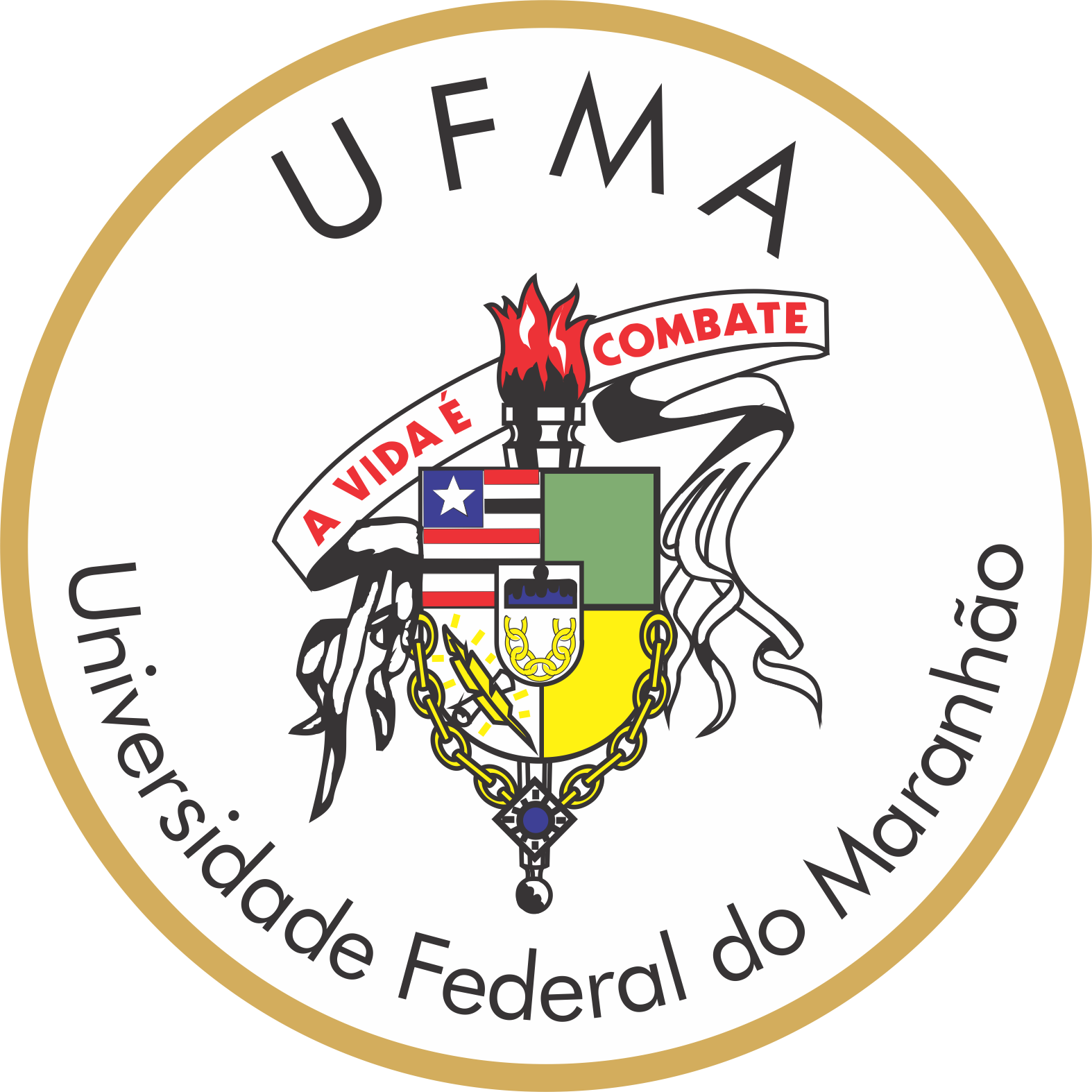News
-
29/10/2024Curso de Medicina abre inscrições para seleção de monitores voluntários 2024.2
-
18/10/2024Dia do Médico - Homenagem da Coordenação de Medicina de Imperatriz
-
16/10/2024Capacitação Docente e Aula Inaugural Marcam o Início do Semestre de 2024.2 no Curso de Medicina da UFMA
-
20/09/2024Docente Antônia Iracilda Ministra Palestra na XIX Conferência Municipal de Saúde de Imperatriz
-
20/09/2024Projeto CAPE e Coordenação Estadual do Programa Saúde do Homem Unem Esforços para Prevenção do Câncer de Pênis no Maranhão
Presentation
The Medicine Course at the Federal University of Maranhão (UFMA), Imperatriz Campus, was established in response to the need for expansion and decentralization of medical education in the state. Launched in 2014, the course was designed to address the shortage of healthcare professionals in the region, training doctors capable of working in remote and underserved communities. The initiative extends UFMA's experience in medical education since 1957, integrating technical-scientific knowledge with the local reality.
The course's general objective is to train doctors with the skills to work at different levels of healthcare, in alignment with the Unified Health System (SUS). Its specific objectives include providing the community with professionals capable of responding to local and regional demands; strengthening cooperation between SUS and the course to improve healthcare quality; incorporating health promotion into medical education; and preparing students to work in Primary Care, Urgency, and Emergency settings. Additionally, the course aims to encourage the retention of doctors in remote or underserved areas, promoting community-based education.
The profile of graduates is that of professionals ready to work at all levels of healthcare, providing comprehensive and continuous care. Doctors trained at UFMA have competencies focused on Health Care, Decision-Making, Communication, and Leadership. They are prepared to address the needs of the health system with a biopsychosocial approach and to work in multiprofessional teams. Moreover, they are critical, reflective, and possess an ethical and responsible stance regarding cultural and social diversity.
The courses teaching methodology is student-centered and competence-based. Active methodologies are used, such as Problem-Based Learning (PBL) and Collaborative Learning, which stimulate scientific curiosity and humanization in medical practice. Students are inserted into multiple learning scenarios, coming closer to the local reality to develop critical and reflective thinking. This approach prepares students to face real-world problems and effectively engage in society.
The course curriculum is innovative and integrated, with a total workload of 8,280 hours. It is organized into learning environments that promote the students' comprehensive education, integrating teaching, research, and extension. From the beginning of their studies, students engage in practical activities, with a significant focus on primary care and emergency services. The training also includes complementary and scientific initiation activities, encouraging students to build a diverse curriculum and engage in different forms of knowledge.
One of the most remarkable features of the course is its integration with the community and SUS. Through extension activities and practices in health services, students are placed in real-life scenarios from the early periods of the course. This approach not only enriches their education but also helps retain professionals in areas that most need medical assistance, especially in remote and underserved regions.
Student assessment is continuous and integrated, taking into account attitudes and procedures in relation to curricular content. The course emphasizes formative and summative evaluation throughout the entire degree program, aiming to monitor students' progress and ensure the development of the skills necessary for excellent medical practice. UFMA also promotes the continuous training of faculty members, ensuring the effective implementation of teaching methodologies and the quality of education provided.
The Medicine Course at UFMA in Imperatriz offers comprehensive education that is committed to the social reality and the demands of the Brazilian health system. With an innovative curriculum and a student-centered methodology, the course prepares doctors with technical, scientific, and humanistic competencies, capable of acting with excellence and responsibility in different healthcare settings.
About the course
- Título do Profissional: No content available
- CNPQ's Knowledge Area: Ciências da Saúde
- Course Modality: Presencial
- URL: Avenida da Universidade, s/n, Bairro: Residencial Dom Afonso Felipe Gregori, CEP: 65.900-00, Imperatriz -MA
